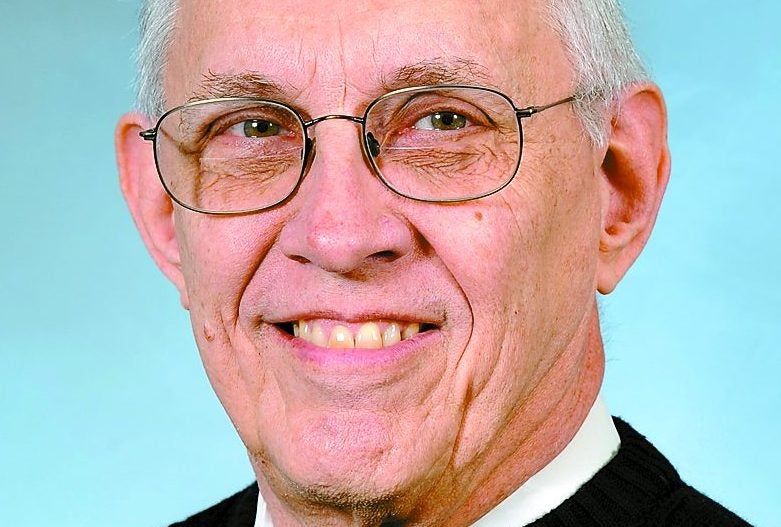WITT: All the corruption is stinking up politics
Published 8:47 am Tuesday, June 16, 2020

- Chuck Witt is a retired architect and a lifelong resident of Winchester.
|
Getting your Trinity Audio player ready...
|
Political parties are corrupt.
That doesn’t mean the individuals who make up those parties or the people who consider themselves to be labeled as party members are corrupt. It means the organizations themselves, by their actions, are corrupt.
The Oxford Universal Dictionary defines corrupt as, “To turn from a sound into an unsound impure condition; to infect, taint, adulterate; to render morally unsound, to pervert; to induce to act dishonestly or unfaithfully; to make venal.”
That pretty well sums up political parties, whether they be Democrat, Republican or any of the other myriad parties that have entered into the political scene in the last 200 years — the Whigs, the Federalists, the Anti-Federalists, the Know-Nothings, the Bullmoose, the tea party and others too numerous to mention.
The reason all these parties can be accurately described as corrupt is because of the manner in which they all seek to manipulate the election system to their own advantage.
In Kentucky and many other states, the two main political parties have written into state statutes and constitutions the proviso that only persons registered in one of those parties can participate in primary elections.
In 2016, the Democratic National Convention worked diligently to make sure Hillary Clinton was the nominee to run against the Republican nominee even though consistent national polls clearly showed that Bernie Sanders had a better chance of winning for the Democrats than did Clinton.
Both political parties, in virtually every state of the union, work to make sure voting districts within those states are configured in such a way as to favor each of them.
Depending on which party holds the control of state government, voting districts will be rearranged as necessary to provide an advantage.
Gerrymandering (a term derived from Massachusetts Gov. Eldridge Gerry’s attempt in the early 1800s to establish voting districts most favorable to his party, creating one so oddly configured in the Boston area that it was compared to a salamander) is not new.
Some of these districts have even been declared illegal by the Supreme Court, as was the case of one in North Carolina.
If one looks at the voting districts of Kentucky, it is easy to see that such gerrymandering has been used here, quite notably for the Fifth District represented by Rep. Hal Rogers, which stretches 165 miles in a straight line from the middle of Kentucky at the Tennessee line to the border with West Virginia.
The First District is no better extending all the way from the farthest western boundary of the state where it meets Missouri to touch Rogers’ district, a distance of 275 miles.
As long as political parties are instrumental in choosing those who will be entrusted with setting those political boundaries, the threat of gerrymandering will continue, only to be checked by strong and decisive judicial action.
The parties will continue to try to sway the system to their advantage,through the use of catch phrases, demonization of the opposition, obfuscation of issues, outright lies and other forms of skullduggery, all designed to rob the voter and citizen of representational and honest government.
Perhaps when the corruption reaches a point at which its stench becomes unbearable, democracy in its true and intended form will be restored to the people.
Chuck Witt is a retired architect and a lifelong resident of Winchester. He can be reached at chuck740@bellsouth.net.





